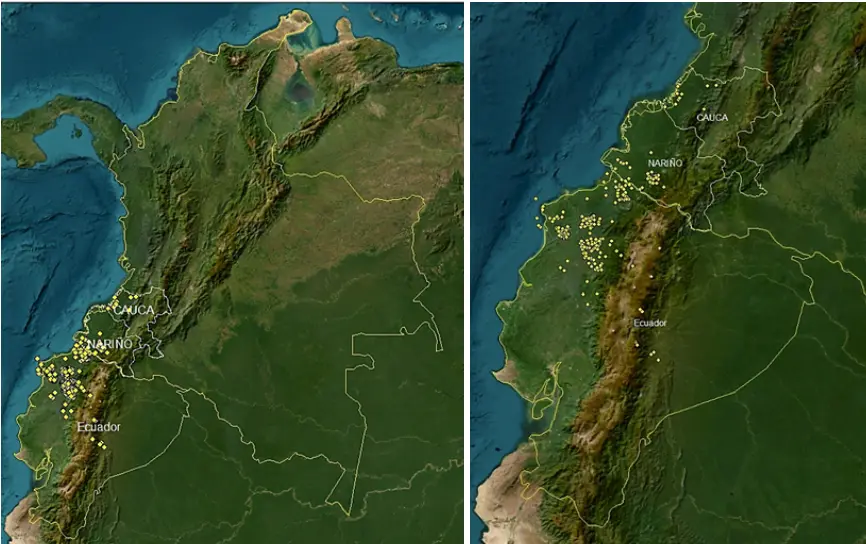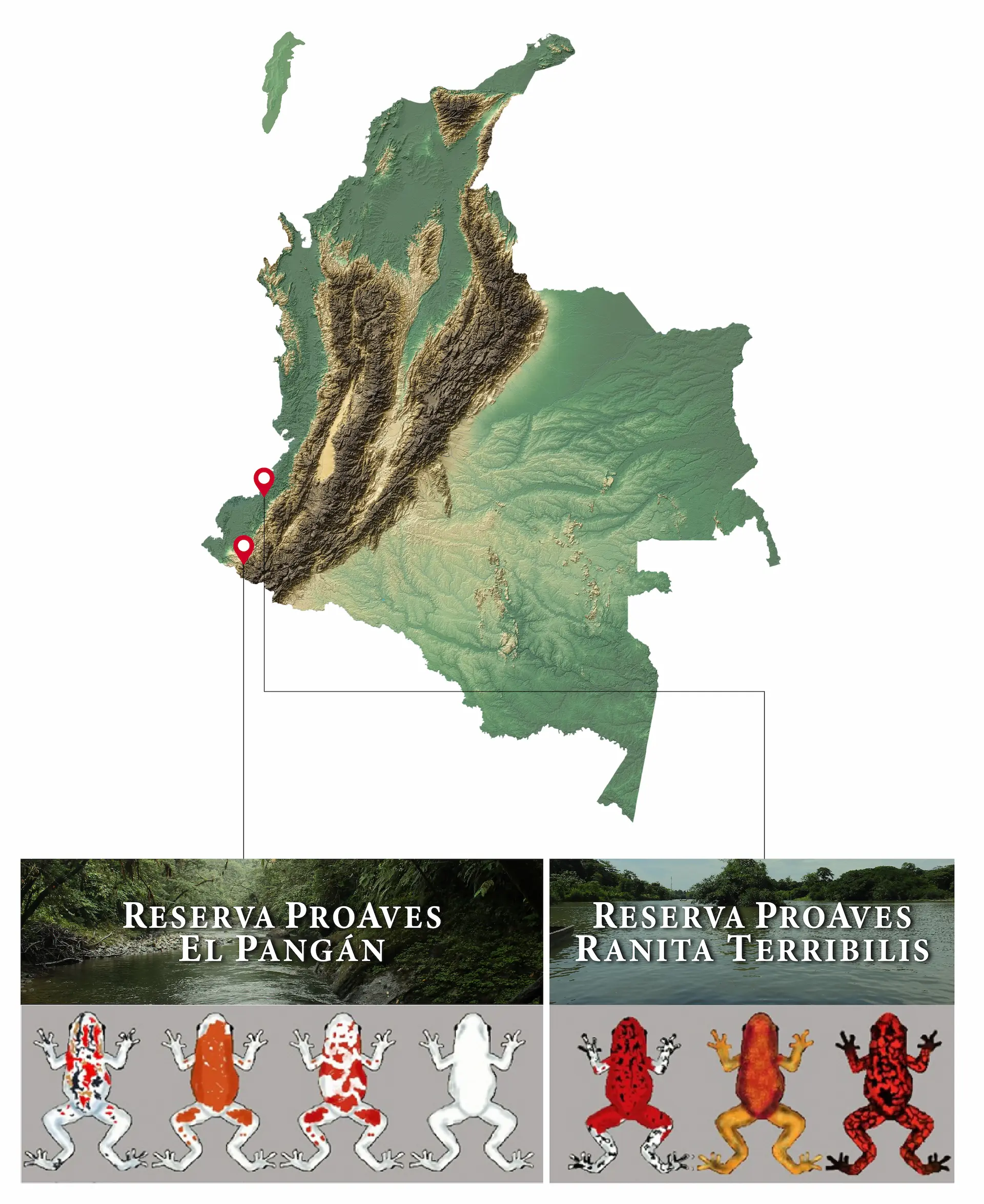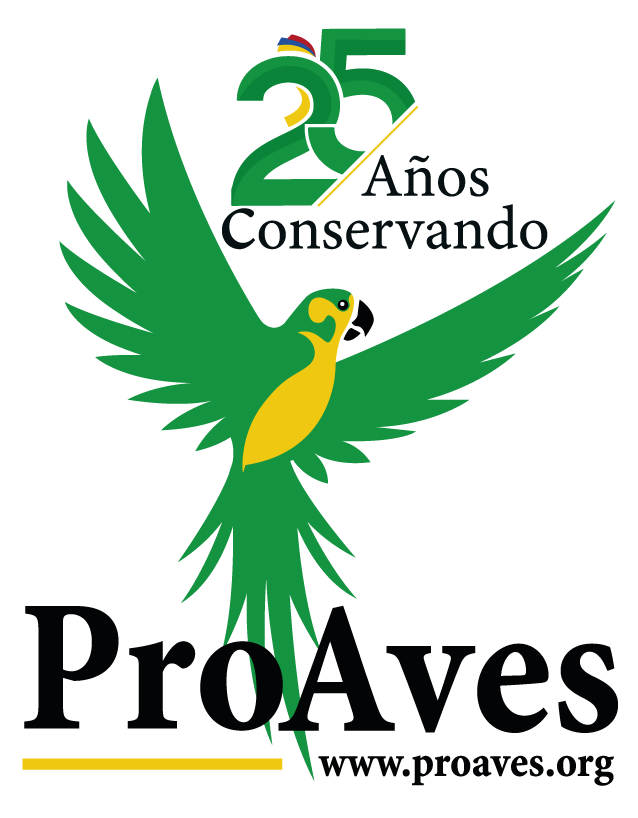In recent months, the media reported the news of the trafficking of 130 individuals of the Sylvatic Poison Frog (Oophaga sylvatica) by a woman apprehended at the El Dorado International Airport in Bogotá. These species were intended to be transported to the city of São Paulo in Brazil, posing a risk to the biodiversity richness our country possesses.

Sadly, illegal wildlife trafficking is one of the leading causes of biodiversity loss worldwide. Additionally, it is considered the fourth most profitable global crime according to the United Nations Office on Drugs and Crime (UNODC). Therefore, over time, the work of raising awareness to discourage humans from engaging in trafficking becomes increasingly urgent in order to prevent species extinction.
The Kiki frog (Oophaga sylvatica) is a species of poison dart frog, also known as the Red Devil, which is distributed in the tropical humid forests of the southern Pacific region in the departments of Cauca and Nariño in southwestern Colombia and in the northwest of Ecuador. It belongs to the Dendrobatidae group (poison dart frogs) and is one of the 7 species of frogs in the genus Oophaga found in our country.

ProAves, which has been engaged in biodiversity conservation efforts for over 25 years, has also undertaken actions to protect amphibians. Currently, in the ProAves El Pangán and Ranita Terribilis Reserves, located respectively in the departments of Nariño and Cauca, 7 different morphs of Oophaga sylvatica are recognized (5 in El Pangán and 2 in Ranita Terribilis).

This frog, like the vast majority of amphibians in Colombia, faces serious threats to its survival due to ongoing habitat fragmentation, poisoning of water sources by mining activities, agrochemicals, and sewage. In addition to these challenges, these impressive frogs, known for their aposematic colors, are affected by the chytrid fungus or Bd (Batrachochytrium dendrobatidis), which attacks the skin of these amphibians.
In addition to these risks, these individuals are collected and traded by unscrupulous individuals who remove them from their habitats, pushing them to the brink of extinction. Websites such as Terraristik.com and Seshop.es.tl are dedicated to the commercialization of species, offering prices ranging from €250 to €350, which corresponds to over 1 million Colombian pesos per individual. According to Juan Carlos Arévalo, operational commander of the Metropolitan Police of Bogotá, collectors are willing to pay up to $1,000 per individual.
Unfortunately, in addition to amphibians, species of utmost importance such as the white-headed titi monkey, marine turtles, pink dolphins, spectacled bear, among others, are among the most common targets of these commercialization practices, putting biodiversity at risk.
The richness of fauna and flora in our country is of utmost importance, and conserving it requires actions ranging from environmental education to research aimed at raising awareness about the need to protect these individuals that give Colombia its astonishing beauty.


Join our conservation efforts!
Say no to illegal wildlife trafficking!
